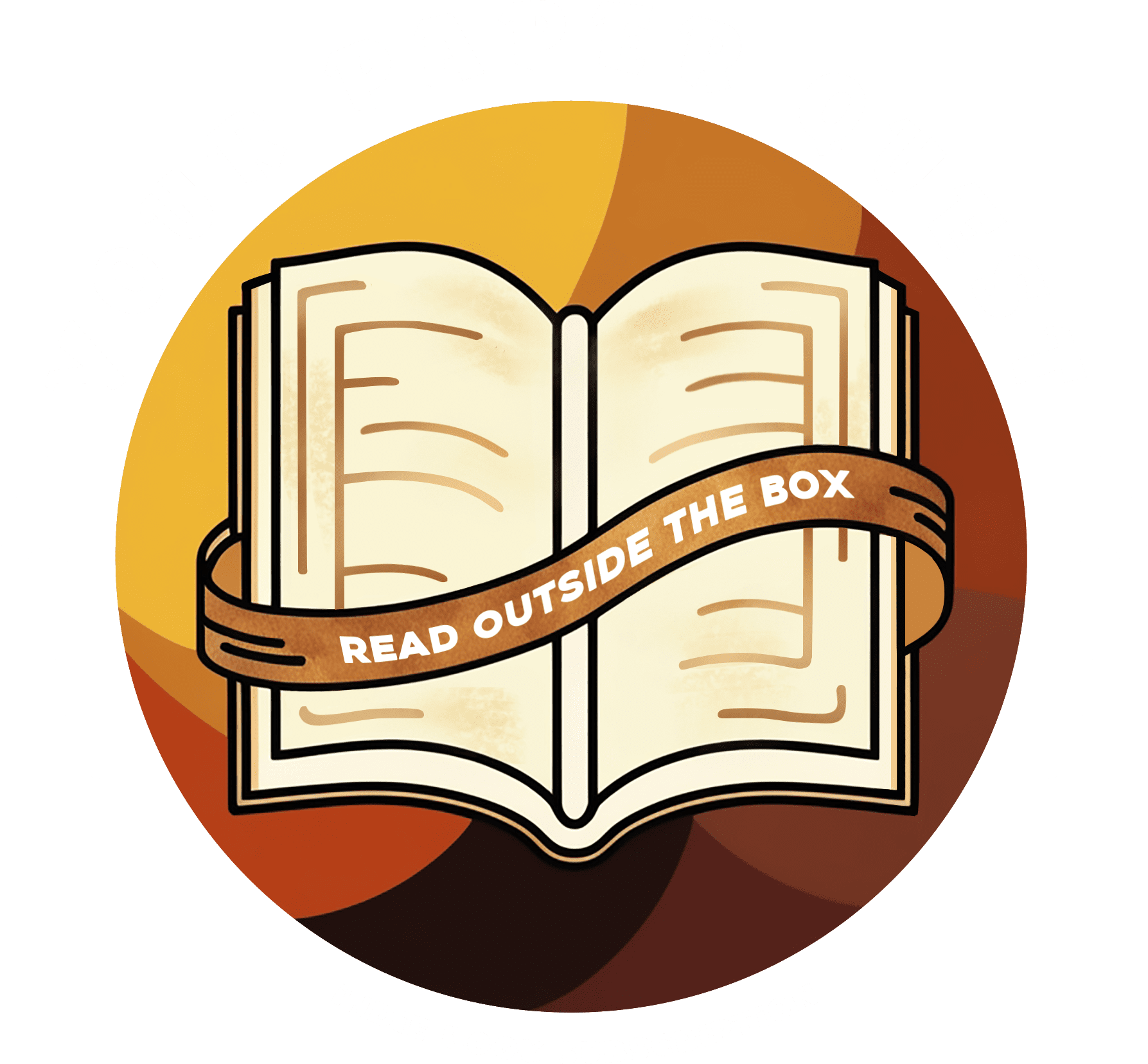Eli Wilde
ORCHARD OF SKELETONS
I first felt the desire to write stories during my school days. However, various challenges hindered my writing endeavors when I was younger. It wasn’t until my twenties, after reading Stephen King’s “It” and “The Stand,” that I felt the urge to write again. The opportunity presented itself many years later when the startup indie publishing house PMMP approached me to write their first published book—a privilege for me.
At that time, PMMP had only seen my poetry and snippets of writing online. With the rudiments of one story in hand, I continued developing it until “Cruel,” my first novel, was written. PMMP published “Cruel” in 2013 and later released the sequel, “Four Days,” a tale about a psychopath kidnapping a clairvoyant over a four-day period. I co-wrote the book with the amazing American poetess Anna DeVine.
After a hiatus, I completed an MA in creative writing and self-published my next novel, “Two Lumps of Sugar for Mr. Anxiety,” in 2022. Subsequently, in 2023, I self-published “The Sweet Scent of Liver,” “Orchard of Skeletons,” and “My Unbeating Heart.”
My upcoming project involves self-publishing a YA fantasy horror trilogy featuring a disabled boy with a ghost as a friend, a wheelchair with a mind of its own, and a grandfather who created a life form enabling communication with Time. The first book, “Ghost Doors,” is set to release on January 1, 2024.
Traditional publishing handles various aspects for the writer, such as proofreading, editing, cover design, formatting, printing, and distribution. They also provide some level of marketing and exposure to reviewers. However, the cost to authors is reflected in a lower royalty percentage. On the other hand, self-publishing grants full control to the author, who is responsible for editing, cover design, and marketing. While this demands more time, the costs are lower, resulting in higher royalty percentages. The advantage lies in the author’s ability to manage these tasks efficiently.
The most significant challenge has been finding the time and motivation to write. Balancing work and family responsibilities takes precedence, leaving writing further down the priority list. While aspiring to write full-time, the reality is that it won’t happen until retirement. To overcome this, I aim to write every day, even if it’s just a single page.
During the learning phase, it’s acceptable to write for yourself. However, when transitioning to writing for income, focus on stories that resonate with your readers. Understand and connect with your audience. Interact with your tribe by discussing topics they enjoy. Prioritize finding honest beta readers outside of your family circle. Seek constructive feedback on what works, what doesn’t, areas for improvement, and the satisfaction of the ending.
As a horror writer, my tribe congregates on Books of Horror, a Facebook group. They serve as beta readers, reviewers, sources of inspiration, marketers, and friends. Before advertising on Amazon, get your book in front of numerous reviewers through platforms like Booksprout, Booksirens, Netgalley, Storyorigin, and Bookfunnel. Utilize YouTube to enhance your knowledge of all things indie author, especially in marketing and advertising. Engage with other indie authors — they’re usually friendly, helpful, and share similar experiences.


